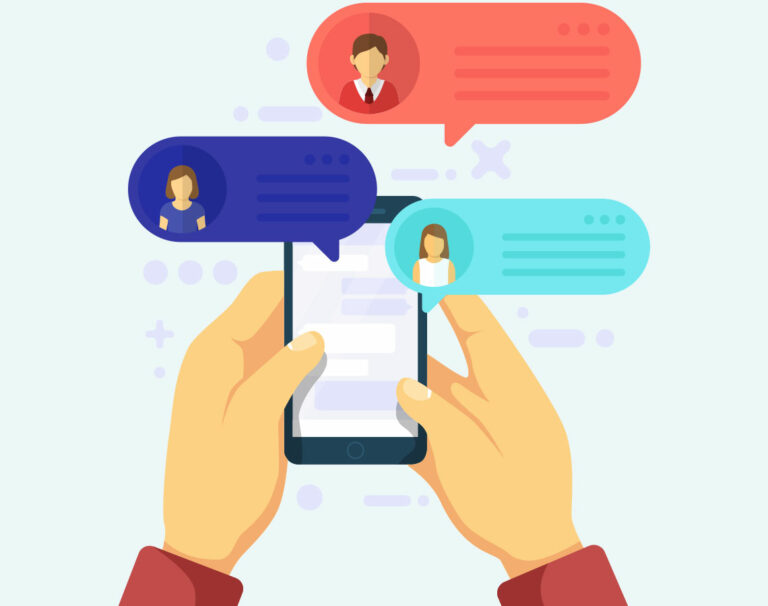
Artificial Intelligence (AI) has been a driving force behind numerous technological advancements, and one of its most compelling applications is in the realm of chatbots. These intelligent virtual assistants have undergone a remarkable transformation, thanks to the integration of AI technologies like Natural Language Processing (NLP) and machine learning. In this article, we explore how AI is reshaping chatbots and revolutionizing user engagement.
Enhanced Natural Language Understanding
At the heart of AI-driven chatbots lies their ability to understand and respond to natural language. NLP algorithms enable chatbots to decipher the nuances of human speech, identifying not only words but also context, sentiment, and intent. This advanced understanding allows chatbots to provide more accurate and contextually relevant responses, creating a seamless and human-like interaction experience.
Personalization and Contextualization
AI-powered chatbots excel at personalizing user interactions. By analyzing past conversations and user data, these bots can tailor responses to individual preferences and behaviors. This level of personalization enhances user satisfaction and engagement by providing relevant information and solutions, ultimately leading to a more positive experience.
Machine Learning: The Key to Continuous Improvement
Machine learning is a pivotal aspect of AI-driven chatbots. These bots learn from each interaction and adapt their responses over time. As more data is processed, the chatbot’s accuracy improves, enabling it to handle a wider variety of queries and scenarios. This constant learning process results in chatbots that become progressively more efficient and effective.
24/7 Availability and Instant Responses
One of the significant advantages of AI-powered chatbots is their ability to provide round-the-clock availability. Traditional customer support often faces limitations due to operating hours, but AI chatbots can engage users at any time, ensuring swift responses to inquiries, resolving issues, and offering assistance regardless of the time zone.
Efficient Task Automation
Chatbots are transforming how businesses handle routine tasks. Through AI automation, chatbots can perform tasks like appointment scheduling, order tracking, and information retrieval without human intervention. This not only saves time but also frees up human agents to focus on more complex and value-added interactions.
Handling Complex Interactions
Modern AI chatbots are capable of handling complex and nuanced interactions that go beyond basic FAQs. By leveraging advanced algorithms and AI technologies, these bots can engage in multi-turn conversations, guiding users through intricate processes and providing detailed information on various topics.
Predictive Analytics and Insights
AI-driven chatbots can generate valuable insights through predictive analytics. By analyzing user conversations, these bots can identify trends, preferences, and pain points. This data can be leveraged by businesses to enhance product offerings, improve customer service strategies, and refine marketing campaigns.
Ethical Considerations
While the benefits of AI in chatbots are significant, there are ethical considerations to address. Ensuring privacy, transparency, and responsible data usage is crucial when implementing AI technologies. Chatbot interactions should prioritize user consent and data protection to build trust and maintain a positive user experience.
Conclusion
Artificial Intelligence has ushered in a new era of chatbot capabilities, transforming them from basic text-based interfaces to intelligent conversational partners. With enhanced natural language understanding, personalization, and continuous learning, AI-powered chatbots are reshaping user engagement across industries. As technology continues to evolve, the synergy between AI and chatbots promises even more sophisticated, empathetic, and efficient interactions, redefining how businesses and customers communicate in the digital age.
- 2 Comments
- Technology